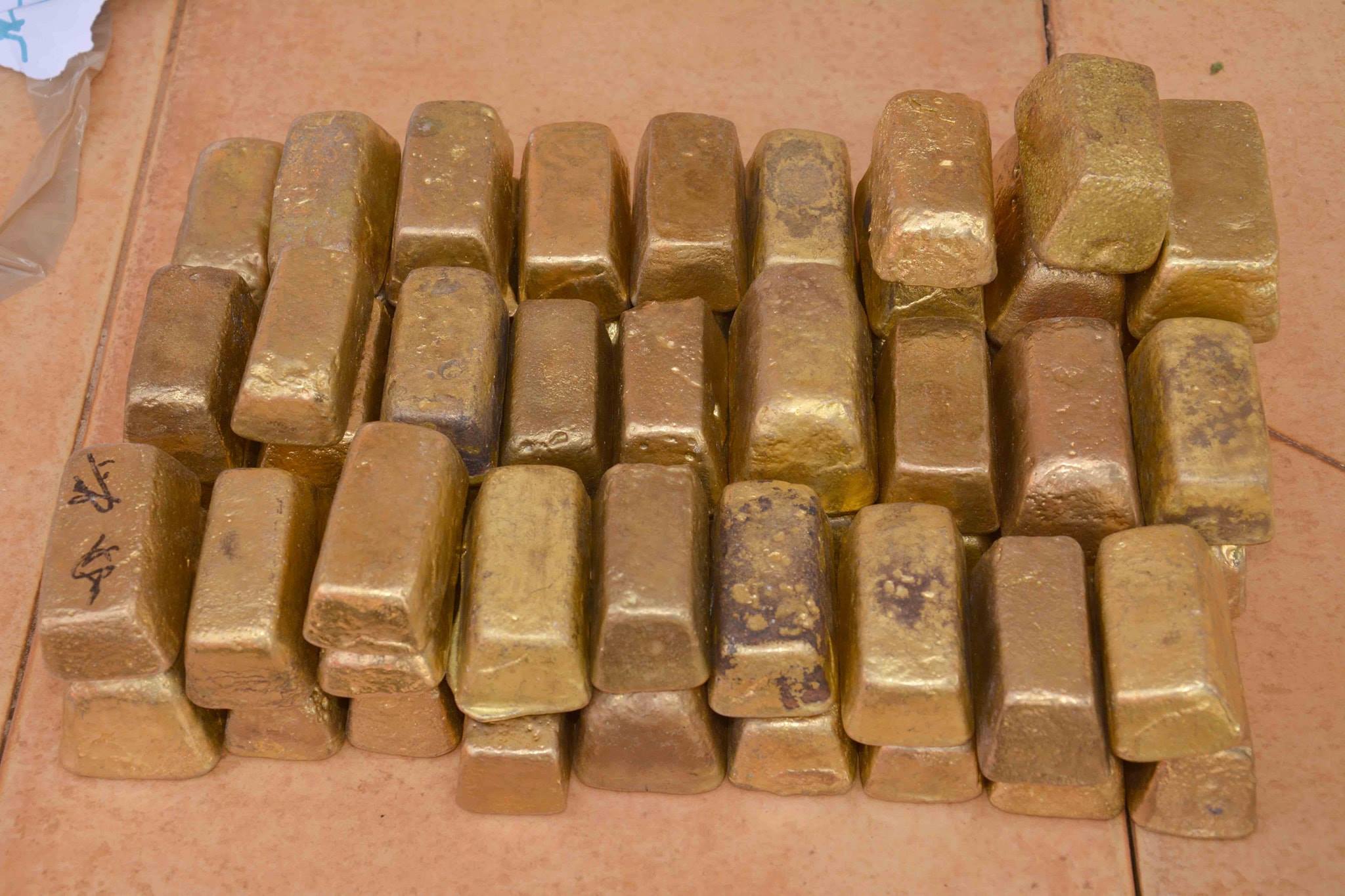A recent directive by Uganda Revenue Authority (URA) on gold exportation has been met with approval by a number of key players in Uganda’s gold business. These stakeholders believe that the directive will motivate value addition and enhance the sector’s contribution to the country’s tax revenue.
Recently, URA directed all airlines that operate in Uganda to refrain from accepting any gold shipments from Uganda if the exporters did not have confirmation that they had cleared any outstanding arrears or had made arrangements to do so.
GENESIS
In a bid to regulate the industry, parliament passed the Mining and Minerals Export Levy on Refined Gold Regulations 2023 that provided for an export levy of 5 per cent on the value of refined gold for export as well as a 10% tax on unrefined gold.
However, the figure of exports sharply fell 80% in 2022 to $201m and some gold exporters blamed it on URA’s levy.
In a mitigating measure, Energy Minister Ruth Nankabirwa suspended the levy but the impact was inconsequential as there were hardly any stockpiles of gold that had been withheld by local refineries and exporters. The tax rates were later revised to $200 per kilo of refined gold, and 1% on the value of each kilo of unrefined gold.
However, in his 2022 report to parliament, Auditor General John Muwanga criticized URA for failing to collect gold tax from gold exporters in the amount of Shs 340 billion, despite the fact that the actors in the industry were making trillions of dollars from gold trading.
During the period under consideration, gold exports had a value of Shs 6.92 trillion.
URA management attributed the lack of collection on an earlier statutory guidance of Energy minister Ruth Nankabirwa, which said delayed the implementation of the 1% export charge.
From a practical standpoint, URA has realized that the charge was essential in streamlining the gold industry and removing tax evaders and masquerades from the sector.
“There are a lot of gold traders who are just exporting unrefined gold and claiming that the commodity is in transit in Uganda and, as a result, does not trigger a tax. In the process, these gold exporters are preventing Uganda from obtaining the revenue that it desperately requires,” says Ronald Kiguli, a top gold refiner and exporter.
It is on this premise that URA projects to receive at least Shs 250 billion from gold exports during the current fiscal year, according to the numbers that are currently available. This amount is anticipated to increase through the course of the years.
ISSUE AT HAND
Following URA’s directive to the airlines, a number of exporters have come out to assert that they are now unable to export gold due to the fact that they have suffered financial losses and encountered logistical obstacles in the industry. In addition to this, they assert that gold merchants now prefer Rwanda as their preferred location for the process of gold refinement.
“Gold traders who claim that dealers now choose to utilise Rwanda as a source of destination for refining gold are the ones who do not want to pay tax,” says a source within the ministry of Finance who wished to remain anonymous.
Documents that our team has reviewed indicate that the majority of the gold that these traders sell is shipped to India. It is against the law for India to permit the importing of refined gold. In other words, these traders are instead engaged in the export of raw gold. Additionally, as a consequence of this, the dealers are eligible for tax advantages of 0.6%, which is equivalent to $400 per kilogramme of gold, when they export raw gold to India.
“These traders’ tax payments and investments in Uganda are too low to make a positive impact on the economy,” adds the source.
“Look, people who suggest that dealers now prefer to go through some of our surrounding nations are not doing us much good. We are not gaining too much from them. This group of individuals just does not want to pay tax, regardless of whether or not the gold is brought here. Furthermore, there is nothing that we stand to lose,” the official emphasized.
WAY FORWARD
It has been brought to the attention of a number of important stakeholders that URA’s decision is a game-changer in terms of the regulation of the gold industry.
Tom Walusimbi, the CEO of Walt minerals, says some gold dealers have become accustomed to the practice of transporting gold via Uganda using the pretext of value addition in order to avoid paying income tax. “The expansion of our regional refineries and the regulation of gold exports will both be facilitated by this levy. The regulations will control the outflow of gold, build local refineries and ensuring that it aligns with national economic objectives and sustainable development goals,” he says.
It is further argued that government may use URA’s new levies to stabilize the Uganda shilling, control inflation and manage the balance of payments.
Do you have a story in your community or an opinion to share with us: Email us at editorial@watchdoguganda.com













